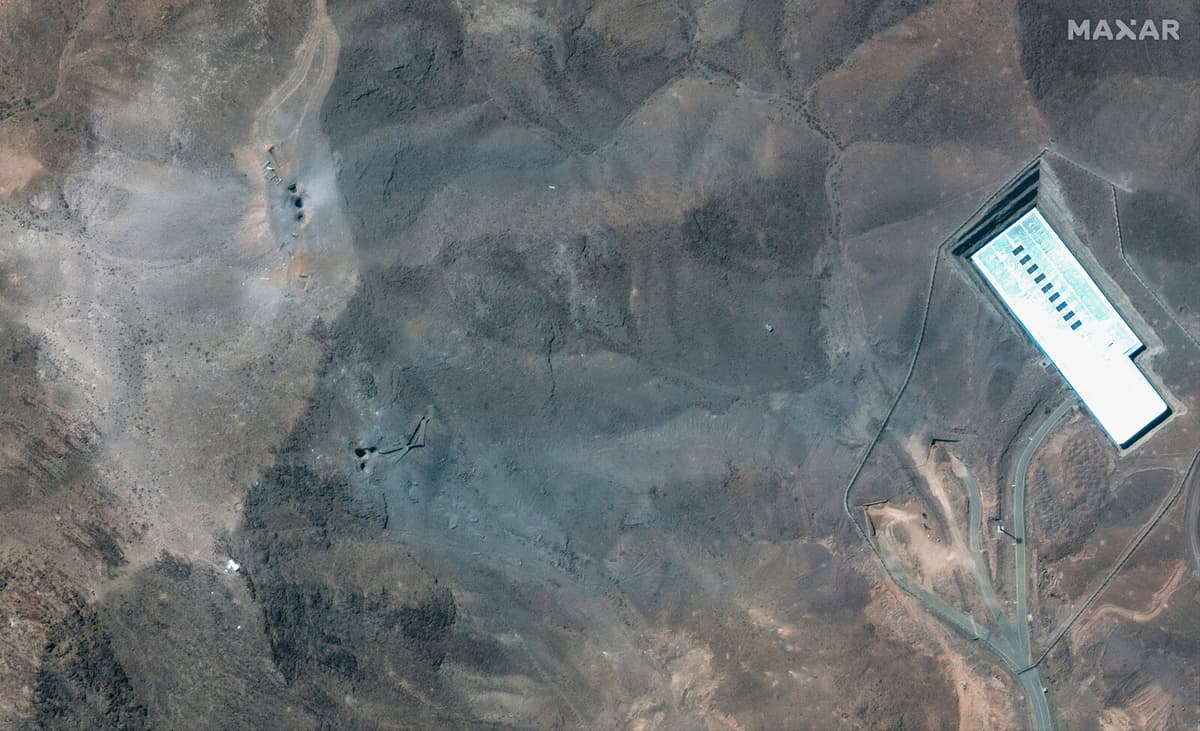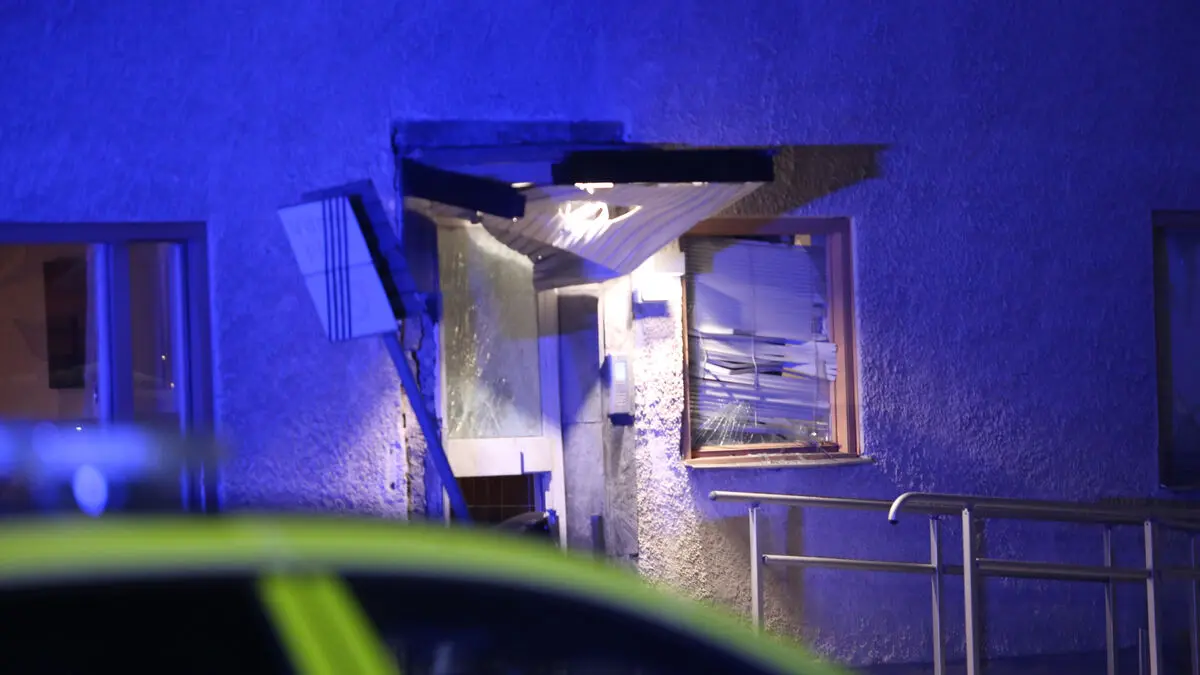The American bomber planes struck three of Iran's most important nuclear facilities: the enrichment facilities Fordo and Natanz and the nuclear technology center Isfahan. The goal was to destroy the country's enrichment capacity and put a stop to the possibility of manufacturing nuclear weapons. According to Defense Minister Pete Hegseth, they succeeded in doing just that.
Iran's nuclear ambitions have been wiped out, he says at a press conference during the weekend.
With the information available right now, it is difficult to know if the damage only means that the facilities have been taken out of operation or if they are completely destroyed.
But I suspect that American assessors would not have made these attacks if they had not assessed that they can manage to strike them out, says Fredrik Nielsen, who researches nuclear weapons at the Total Defense Research Institute (FOI).
May have been moved
According to, among others, the UN's atomic energy agency IAEA, no increase in radiation levels has been measured at the facilities. This does not surprise Nielsen.
Uranium does not emit that much radiation and besides, it is probably very little uranium that has leaked out. What may have leaked out will not spread far, he says.
Additionally, there are speculations that the enriched material has been moved and is no longer present in the facilities. Iran is estimated to have over 400 kilograms of the most highly enriched uranium.
It's probably the first thing you would do, actually, to move it to some safe place. It's no big deal. It's not that bulky to move, says Fredrik Nielsen.
Increased will for nuclear weapons?
The question is whether the American attacks will have any impact on Iran's will to develop nuclear weapons.
If you just look at the material part, they are so close that they could have enriched it to weapon quality a long time ago, but they have not done it, says Nielsen.
So if the reason they do not already have nuclear weapons is that they have not wanted or dared to take the step, Nielsen believes that there is a risk that the will has increased now.
There is no direct reason to hold back any longer, it can absolutely have had that effect, he says.






